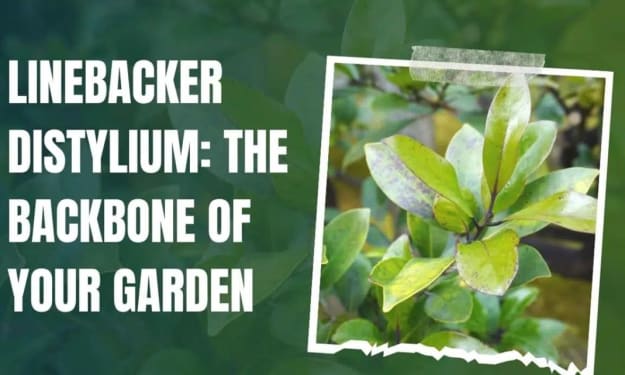
Welcome to my first blog post.
One would expect that if you were to write a blog, you would be writing about something that you had a fairly decent amount of knowledge and information of.
To be honest, I don't know much about the movement that is Minimalism.
What I do know is that I very regularly look around my room and think, "I have too much stuff."
Have you ever thought the same? Have you ever scrambled around the bottom of the wardrobe trying to find that one clean pair of socks? Have you shuffled around unlabelled cardboard boxes in the garage trying to find that one screwdriver? Do you skim over 50 emails on lifestyle tips and travel catalogues looking for your bills? If you answered yes to any of those questions, you may find yourself in the same boat as many people who have heard about Minimalism but never really thought about it until seeing how much unused, unnecessary "stuff" there is in your life.
Think about it: do you really need that many wittily-captioned mugs in the cupboard? What do you think all those old CDs are saying to each other under your bed now that you use Spotify? Probably something self-deceptively hopeful like, "Maybe this is the day she finally listens to us again."

I rent in a shared house, so my bedroom is the only storage I have. This is me desperately trying to fit my belongings in my already very small room. I dream of the day my room is that Minimalistic space where I don't feel suffocated by "stuff."
What is Minimalism?
People throw this word around a lot, but what does it really mean? Minimalism is the notion, lifestyle, and mindset of being stripped down to the bare minimum, or having only what you need. It encourages reviewing the aspects of your life, be it of a material nature, mental, spiritual, social, or artistic, and finding the raw essentials—being very intentional with the things, material or temporal, that you choose to include in whatever area it is.
Minimalism has reared its graceful, efficient head many times throughout history—in art, music, interior design, architecture, and lifestyles.
What does Minimalism mean for me?
I myself LOVE having "stuff." I love buying clothes but never even wear some; I buy too much food and some of it will go off before I get the chance to eat it. I could be saving time, money and space if I adjusted my spendings to only include what I will actually use.
This world, in this current day and age, teaches a very materialistic indulgence; we are always pressured to want more, more, more. The biggest houses, the fastest cars, the best products that money can buy. While there is nothing wrong with valuing quality, Minimalism is about reducing quantity and promoting simplicity—do you really need all those features on the washing machine?
Minimalism can mean different things for every individual. For some, it means alleviating the feelings of stress and suffocation that come with simply having too much "stuff." For some, it could be freeing yourself from having too many commitments with work, social events, knitting circles etc. For others, it could be about reducing the carbon footprint we all leave on this Earth (if you still don't believe that climate change is real, tell that to the ocean, whose surface waters have increased in acidity by 30% since the start of the Industrial Revolution).
In any case, Minimalism allows you to rediscover or reemphasise what is really important.
If it helps you say no to that work conference so you can spend more time with your kids, that's terrific. If it means getting rid of some of the shoes on the shoe rack so you don't trip over them every time you come home, that's great too.
So how can I take on Minimalism?
Like I said, I’m no expert on it, and Minimalism will look different for everyone. It's doesn't have to mean only having one of anything in your house, it can simply mean reducing the amount of mugs on your work desk. Here are my tips:
- Start off by identifying an area of your life where you feel "cluttered."
- Think about what the basic importance and value of that area is. Why does it feel cluttered? What is its role in your life? How does it help you? How does it help others? Does it look like what you wanted it to look like when you first started it? Why/why not?
- Think of how you function as it is now. Think of how you would function if it was "better" and how that would make you feel. What other pros or cons can you think of around it?
- What would you change? What can you change?
- Go for it!
- Encourage someone else to review their area of clutter.
Go on, donate those old clothes you don't wear anymore. Use up (or give away) that dreadful tea you bought to try and never buy it again. Now that you're not spending that $5 on a third coffee every day, you can save $35 in one week! The possibilities are endless.
As a novice in the world of intentional decluttering, I say, welcome, Minimalism. May your elegant hand organise my wardrobe, and my email's inbox.
As for you, dear reader, all the best in your endeavours to reduce the areas of clutter in your life!
About the Creator
Monica Ho
A collection of my observations






Comments
There are no comments for this story
Be the first to respond and start the conversation.